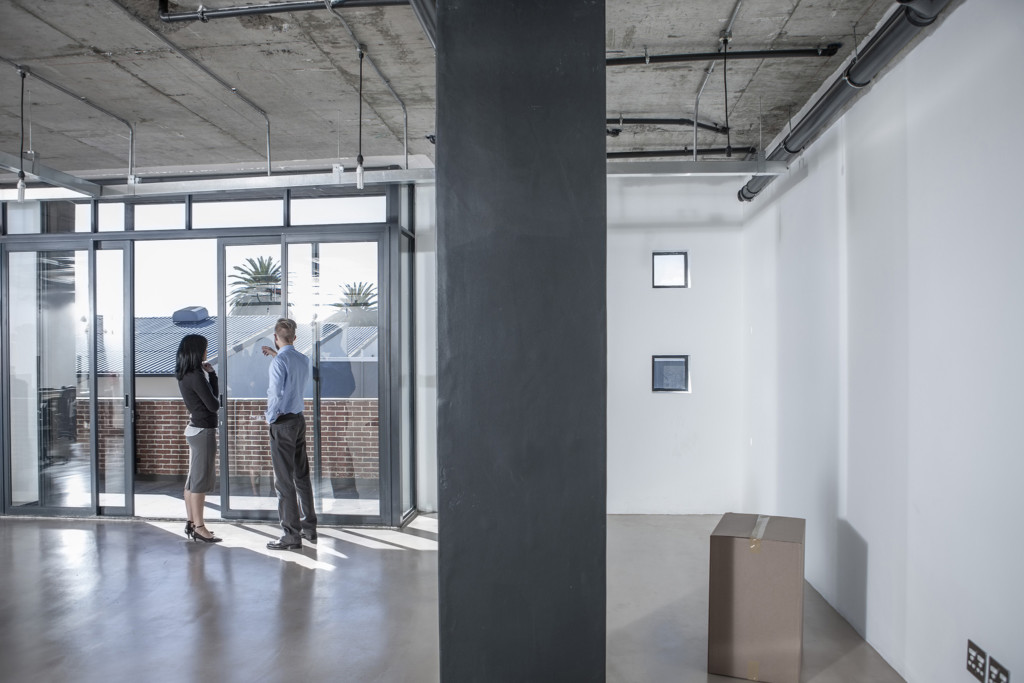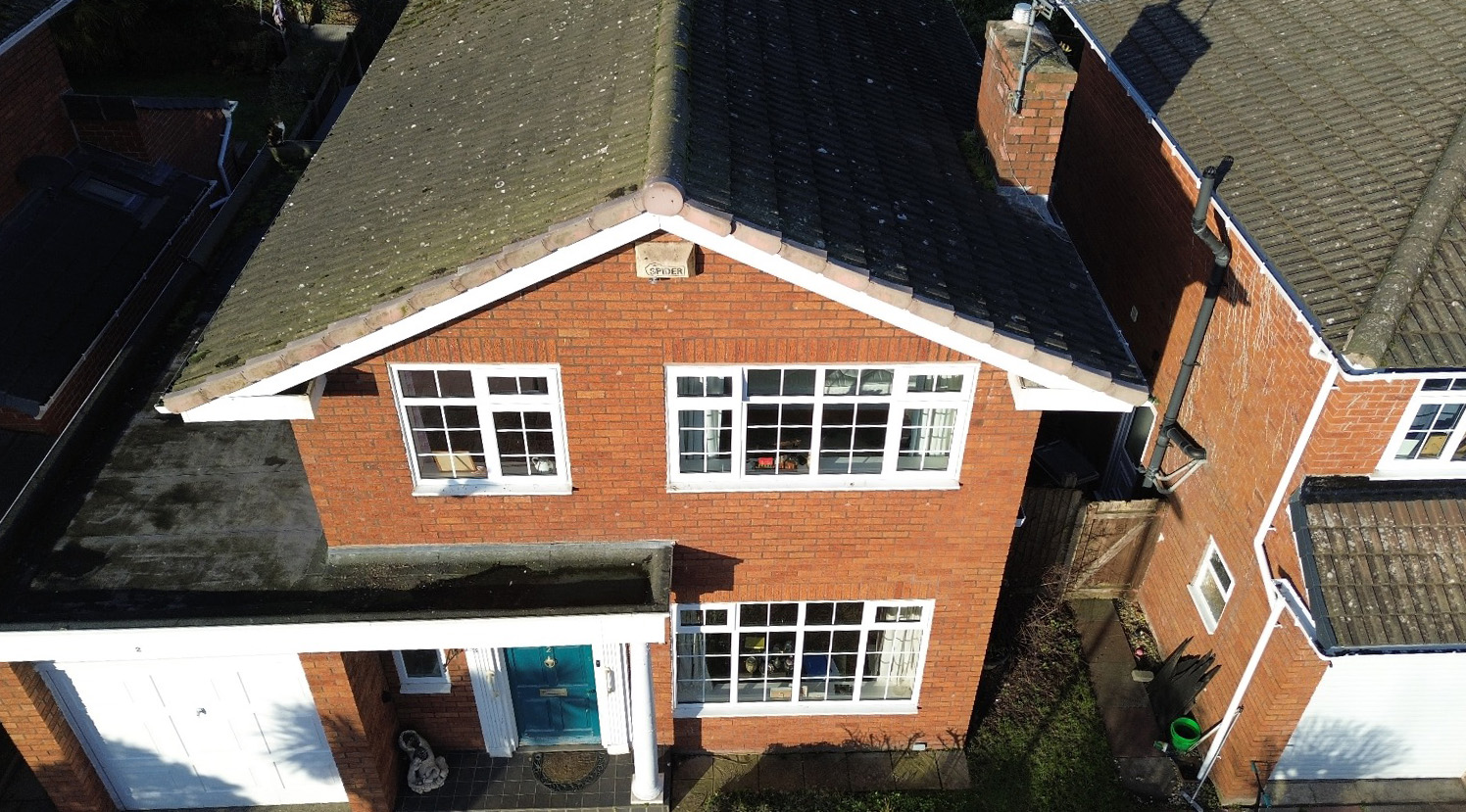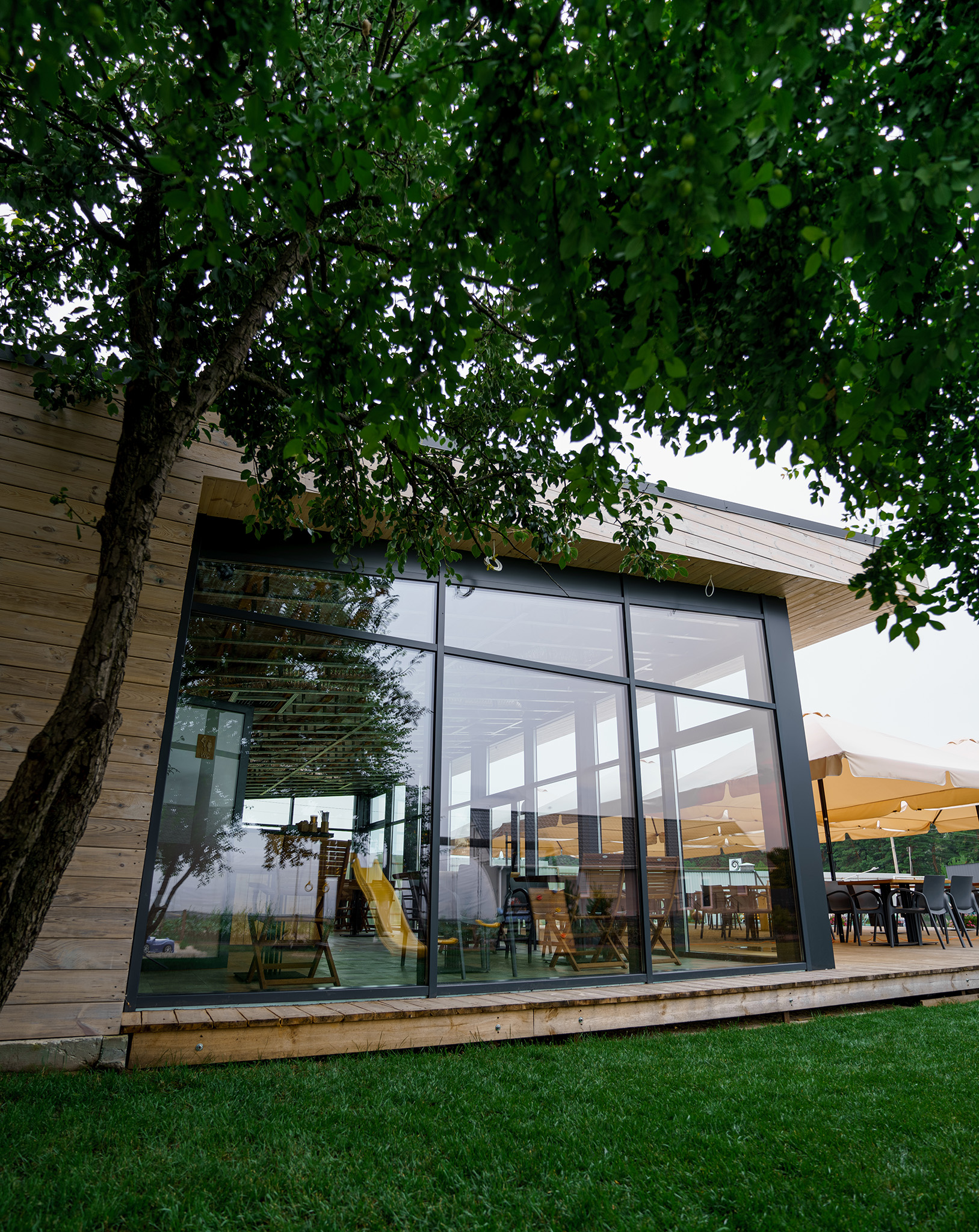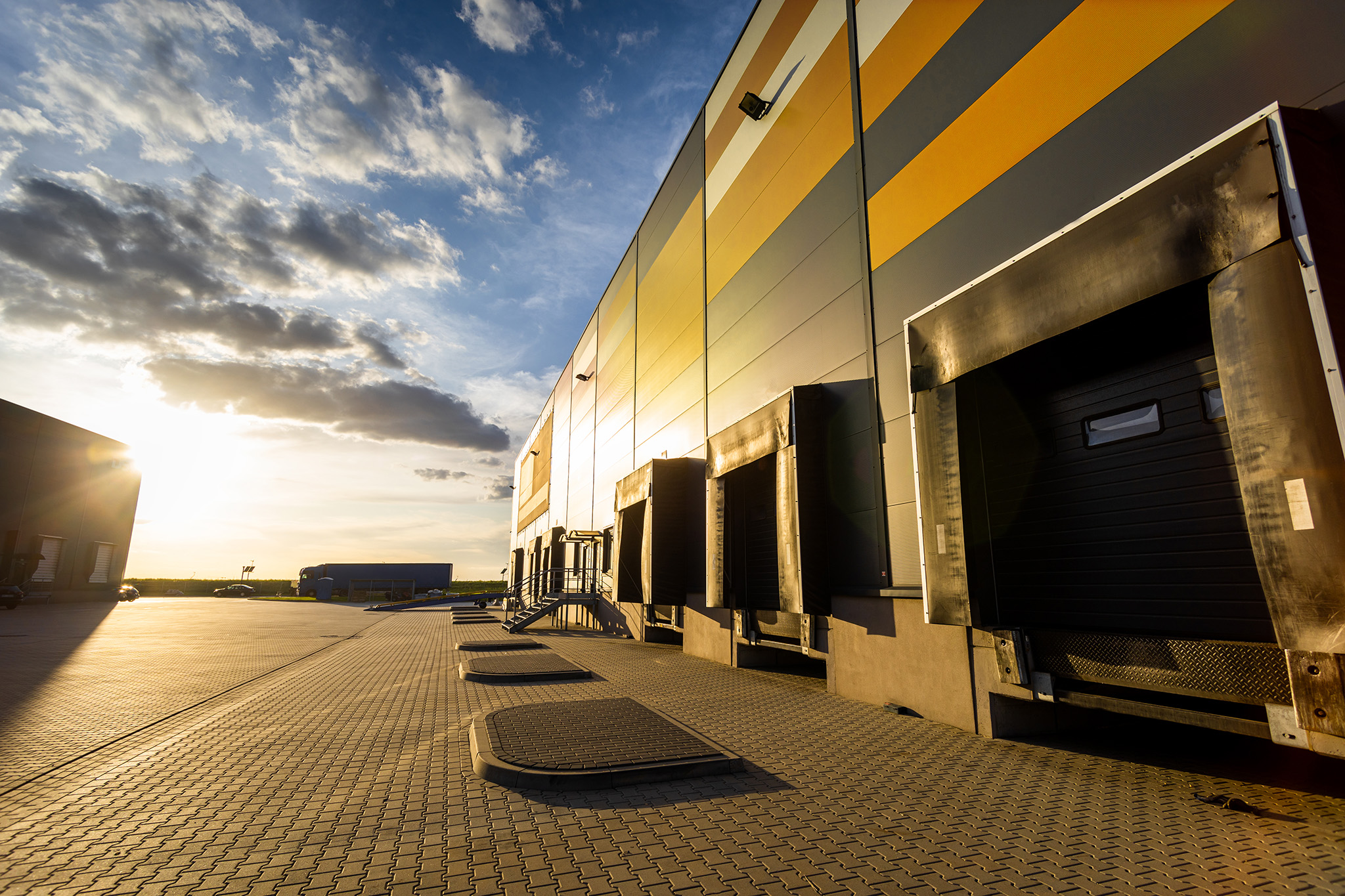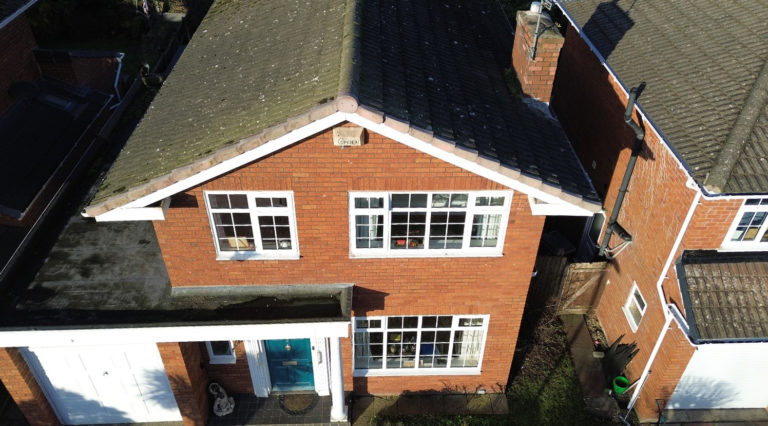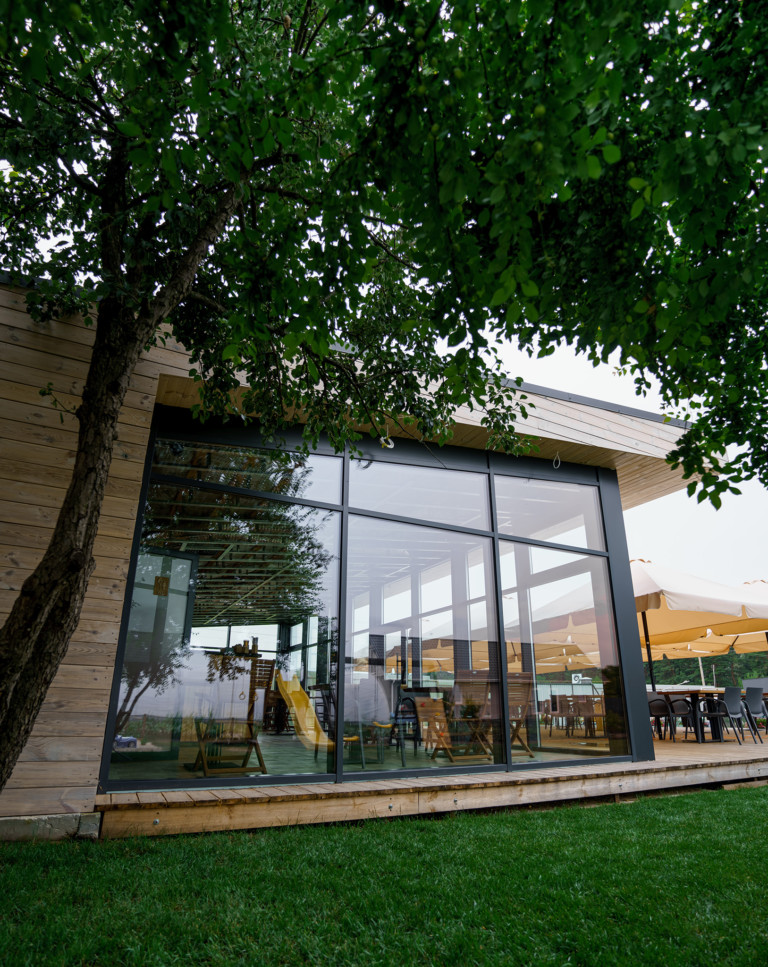For investors in commercial property it’s important to be aware of various factors that could influence its value, so you are fully prepared in the event of a purchase or sale. By recognising the below factors, you can make an informed decision to invest in the best property for you, or boost your existing property’s value in preparation of a sale. The following factors can impact your real estate investments both positively and negatively.
Our expert team of commercial property valuers and surveyors at ASL Chartered Surveyors & Valuers are always at hand to ensure you are fully prepared every step of the way through the commercial property investment process.
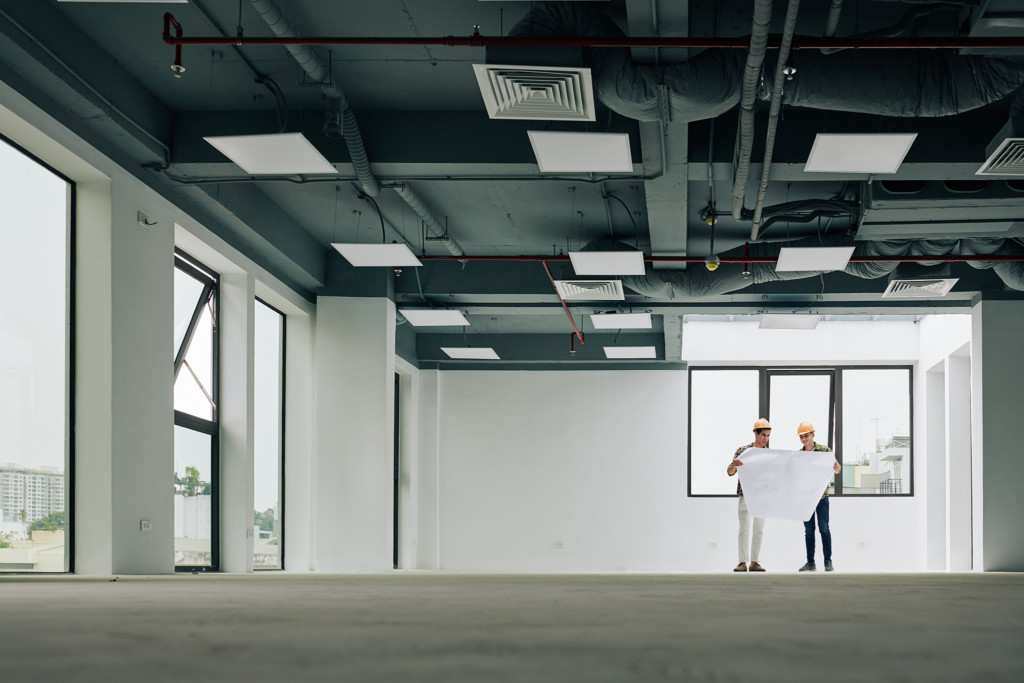
Various factors shape the value of a commercial property. The tricky thing about commercial properties is that value is always circumstance dependent, fluctuating depending on macro-economic factors, in tandem with more localised influences. With the various types of factors that have an impact on value, we always recommend commercial properties should be valued individually.
Market Conditions
Macro market conditions can significantly impact commercial property values. Economic health reflected by GDP growth, employment rates, and consumer spending, will always directly influence demand for commercial spaces.
A strong economy with increased business activities, will boost demand for office and retail spaces, elevating property values.
During economic downturns, reduced spending and higher business failures leads to more vacancies and lower rents, decreasing property values.
Interest rates affect investment levels and property valuations; lower rates encourage investment by reducing borrowing costs, thereby increasing property values, while higher rates tend to depress them.
Location
It goes without saying that location is one of the most important factors influencing the value of any type of property. Properties in prime locations will always command higher prices.
Factors increasing property values include proximity to city centres, accessibility, visibility, and neighbourhood dynamics.
Factors negatively affecting property value include localised crime rates, proximity to uncomplimentary nightlife venues, or unpleasant neighbours with unsightly buildings next door.
Planning Regulations
Local council planning regulations in the UK dictate the types of activities permitted on a property, influencing its functionality and financial potential. For example, properties with flexible planning permissions, such as mixed-use (residential and commercial), tend to hold higher value due to their versatility and wider market appeal.
Conversely, more restrictive planning permissions can limit a property’s potential, making it less attractive to investors and lowering its market value. Understanding the applicable planning regulations will help you assess a property’s true value and its potential for development or investment.
Agreed Terms of Lease
Properties with long-term leases to creditworthy tenants typically command higher values because of their more stable income streams. The reliability, creditworthiness and financial stability of tenants assure investors of consistent returns, enhancing the property’s attractiveness and value.
Properties with shorter leases or tenants with uncertain financial stability might see a reduction in value due to the perceived higher risk and potential for income disruption.
Economic Incentives
Tax incentives, economic development grants, and other financial incentives can enhance the value of commercial properties in certain areas. These incentives are often used by governments to encourage investment in certain areas or sectors, making properties in these locations more attractive to investors. By reducing operating costs and enhancing profitability, these incentives directly increase a property’s appeal and potential market value.
Mix of Tenants
In multi-let properties, having a diverse range of tenants can reduce financial risk and add value. A varied tenant mix reduces financial risk by distributing income sources, ensuring that the property’s revenue stream remains stable even if one tenant fails. This diversity can make the property more appealing to investors, as it lessens the impact of individual tenant failures and market fluctuations on overall performance.
Properties which are reliant on a single tenant pose a higher risk; any issues with this tenant could directly affect the property’s income and, subsequently, its value.
Property Type
Different types of commercial properties may experience varying demand and value changes based on market trends and sector-specific growth. For instance, office buildings, retail spaces, and warehouses each respond differently to economic conditions and consumer behaviour.
Office spaces may see fluctuating demand based on shifts in work culture, such as increases in remote working.
Retail premises are impacted by changes in consumer spending habits or the rise of e-commerce.
Warehouses can experience growth due to increased demand for storage and distribution facilities in the digital shopping era.
Condition & Age of Property
The condition and age of a property significantly influence its value. Newer and well-maintained properties typically command higher prices due to their lower expected repair and maintenance costs.
However not all old buildings are lower in value. Historical or older buildings might carry premium values due to their uniqueness, provided they are well preserved. Such properties often appeal to buyers looking for character and history, which can add considerable value if the buildings are maintained to a high standard.
Physical Building Characteristics
The physical characteristics of a building, such as its size, layout, architectural style, construction quality, and overall usability, greatly impact value. Modern facilities that meet current building standards are typically valued higher. These physical characteristics ensure that the building not only meets legal and safety requirements but also appeals to a wider market due to its enhanced functionality and aesthetic appeal.
Curb Appeal
Curb appeal, the appearance of a property as viewed from the outside, is a majorly significant factor affecting commercial premises value, regardless of property type. The need for maintenance and repairs to make a building more visually appealing, it will often be enough to turn people away, however small a task it may seem. To compensate, offers on a commercial property can be lower than expected, to cover costs of repairs.
Environmental & Structural Issues
Environmental and structural issues significantly impact a property’s value due to the extensive costs and risks associated with remediation. For instance, the presence of asbestos, a hazardous material, requires costly and complex removal processes, while also posing serious health risks, which can deter potential buyers or tenants.
Similarly, properties suffering from poor structural integrity demand substantial investment in repairs to address issues such as weak foundations or compromised load-bearing walls, which not only increases the financial burden but also reduces the property’s appeal in the market.
For property owners, addressing these issues promptly and effectively is crucial to maintaining the property’s marketability and ensuring safety compliance.
Accessibility & Parking
Accessibility and parking significantly influence the value of commercial properties by increasing their appeal and operational efficiency. Properties that have good transport links, such as nearby motorways or main roads, bus or train stations, or even airports, tend to attract a broader range of tenants and visitors, thereby increasing potential rental income and property valuation.
Similarly, convenient parking is a critical factor for businesses that rely on high customer footfall or need a good amount of space for employee vehicles. This convenience not only makes a property more attractive but also more practical, encouraging longer tenancies and reducing vacancy rates.
Future Development Potential
Properties that offer the potential for expansion or redevelopment can attract investors and command higher prices. The ability to expand or redevelop a property gives investors the opportunity to improve the site to meet evolving market demands. This potential not only promises higher returns on investment through increased rental yields or resale value but also provides a buffer against market volatility by allowing adjustments based on future real estate trends and economic conditions.
As a result, properties that are seen as having strong development prospects are highly sought after in the real estate market, often commanding premium prices and experiencing competitive bidding from developers and investors looking to maximise their investment’s potential.
Value Your Commercial Property Today
Trust in ASL: RICS Chartered Surveyors & Valuers
The expertise and technical proficiency of chartered commercial building surveyors will offer substantial advantages to investors looking for an in depth assessment of a property’s value, and it’s condition.
